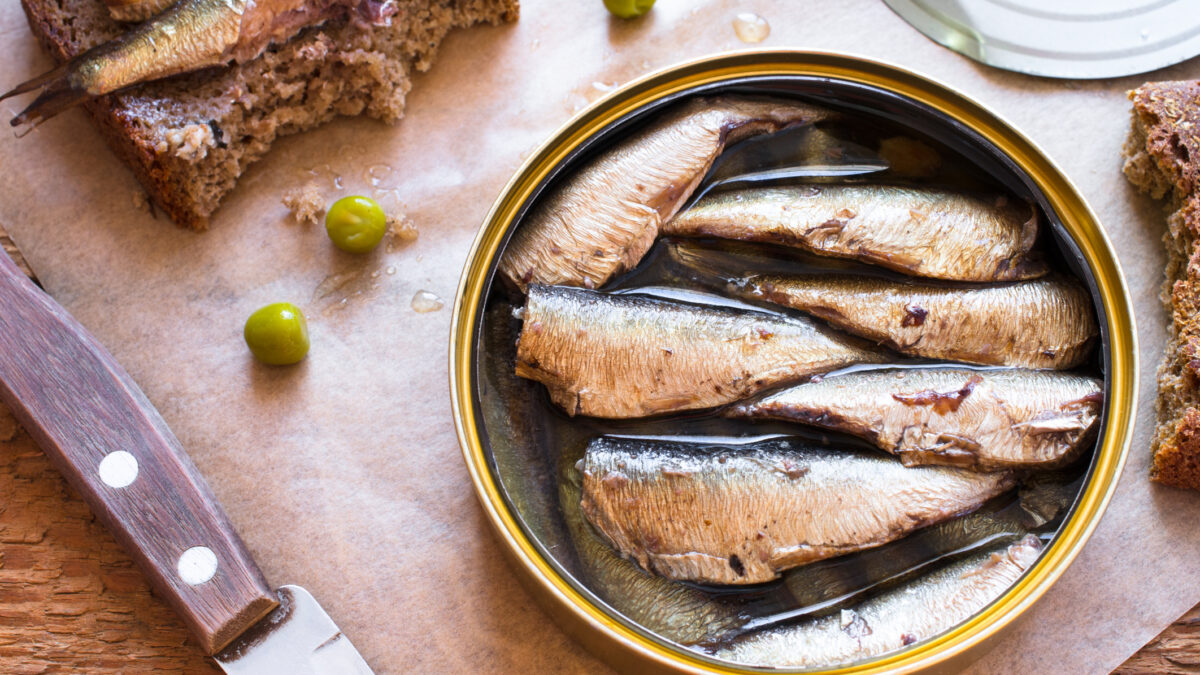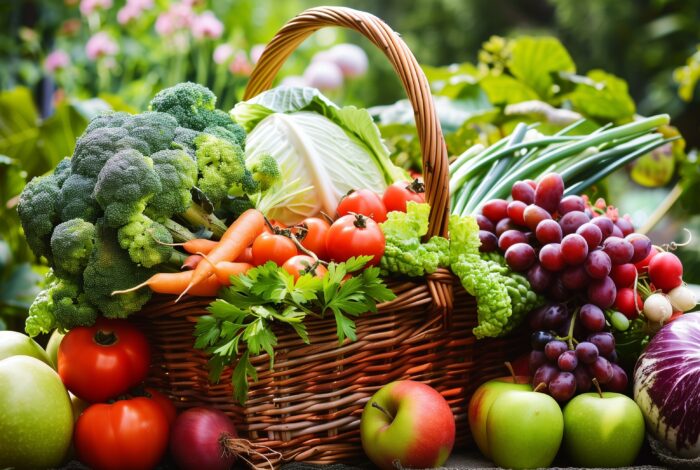In Greece, the treasures of the sea have always been an important part of the local diet. Over time, Greeks came to know when and what to fish, as well as how to preserve it in order to enjoy it more frequently. Salting has a long history as a technique for preserving catches, allowing seafood to be stored for long periods without refrigeration. This process was very important for nutrition, especially in the coastal areas of Greece.
Salt-cured seafood – known in Greece as alipasta or almyra – is made by processing fish and other seafood with salt, giving them a distinctive flavour and texture closely tied to Greek gastronomy and tradition.
The renowned sardines of Kalloni, Lesvos, are preserved in salt and canned in various sizes – an ideal pairing with the island’s famous ouzo. Lesvos is also known for its salt-cured mackerel, anchovies, sliced smoked mackerel fillets, and smoked herring.
Alonissos is famous for its tonaki, a white tuna product packaged in airtight glass jars to ensure longer shelf life. This tuna is usually caught with longlines and is processed while still fresh. The locals clean the fish thoroughly and lightly boil it with sea salt. It is then packed in sterile glass jars along with corn oil, olive oil or water. This delicacy is a favourite summer meze and a delicious addition to pasta, pizza, and salads.
Of course, the true king of Greek cured seafood is avgotaracho Mesolongiou (Mesolongi bottarga), a product with a Protected Designation of Origin (PDO). Often referred to as the “gold of the lagoon” due to its colour and high market value, this delicacy comes from the roe of large female grey mullets. Experienced fishermen carefully remove the twin roe sacs when the fish is in its reproductive season (August and September), then cure them with salt. Apart from being a prized meze for tsipouro and ouzo, bottarga is also exquisite in pasta dishes and risottos.
On the island of Limnos, gavros (anchovy) is very popular. It is marinated in wine vinegar, garlic, and aromatic Greek herbs and – along with smoked mussels – is rarely absent from local tables.
In Evia, smoked herring is highly regarded. After being smoked over beechwood for a strong yet balanced flavour, it becomes a refined appetizer – ideal for pairing with tsipouro or ouzo, adding to salads, or serving as a side dish with fasolada (navy bean soup) and lentils.










